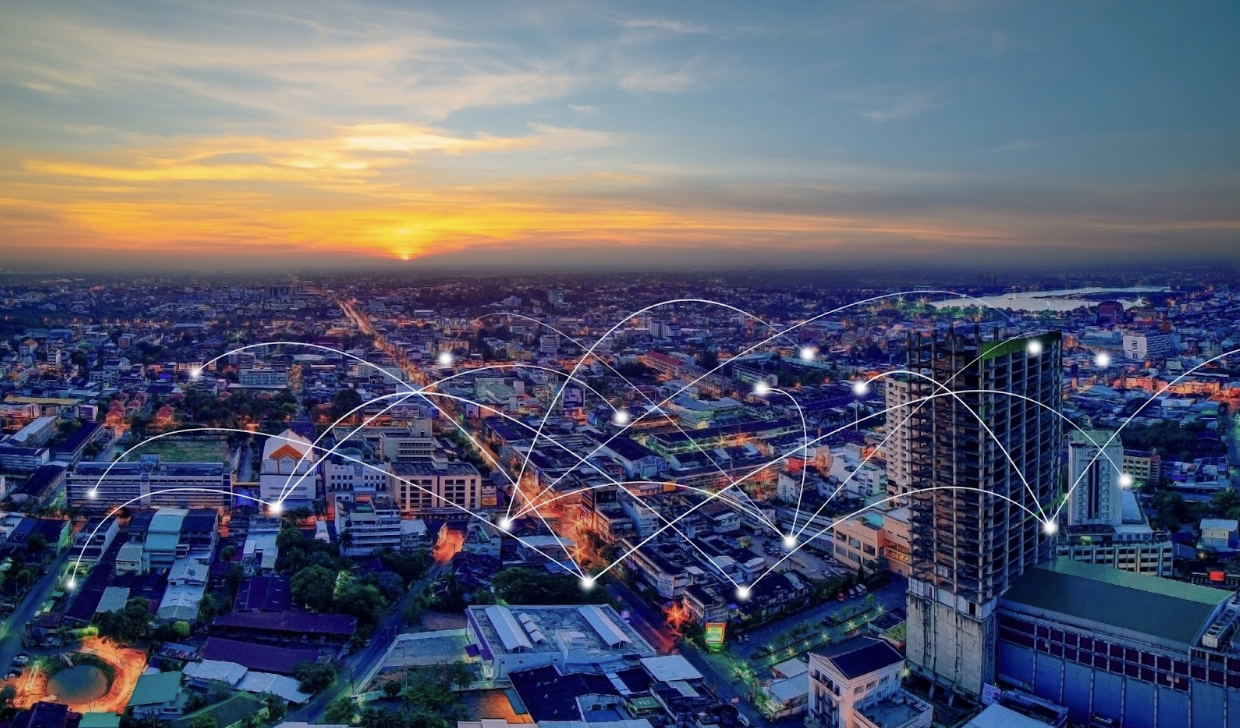
- Admin
Energy efficiency and smart systems: The new frontiers of commercial construction
Reducing consumption, increasing performance and enhancing the value of real estate: energy is the variable around which innovation is built. With intelligent installations and sustainable design choices increasingly becoming factors of competitiveness.
Construction is playing a leading role in the green transition. While the residential sector has been moving towards greater energy efficiency for some time, it is now primarily the commercial sector — including retail outlets, offices and logistics centres — that is at the forefront of urban sustainability. Indeed, rising energy costs are a growing burden for companies and an obstacle to the development of real estate assets.
According to analyses by Enea, 40% of Europe's energy consumption comes from buildings, and commercial buildings often exhibit the most critical situations due to higher usage intensity, obsolete installations, and large surfaces that are difficult to insulate. Reducing consumption is therefore not only an environmental issue, but also an economic lever and a cost control tool that guarantees market attractiveness.
Intelligent systems and digitisation
Technology is offering increasingly sophisticated solutions that can make even older buildings, or those with structural constraints, efficient. Smart air conditioning systems, integrated automation systems and sensors for real-time consumption monitoring are just some of the ways in which the Internet of Things can be applied to buildings — or building automation — to enable dynamic control of energy and environmental performance.
MIBA- MILAN INTERNATIONAL BUILDING ALLIANCE: where industry works together to plan the future. In order to respond to the challenges ahead, the dialogue between designers, installers and manufacturers at Fiera Milano from 19 to 22 November 2025 will be crucial. This is an event where construction meets energy, and strategies are defined to transform commercial buildings into active nodes of the smart city.
The topics at the heart of the conferences and exhibition areas include: technologies for controlling consumption, solutions for producing and storing energy from renewable sources, new standards for plant design, European regulations, and financing for energy redevelopment.
The building as an energy platform
The necessary evolution towards a building that is increasingly active in energy management. This is a model that goes beyond the logic of simply reducing consumption. It considers self-production, two-way energy exchange and integration with the grid and electric vehicles.
In this context, an exhibition like MIBA plays a crucial role: not just as a technology showcase, but also as an opportunity for professional development, networking and systemic exchange. It is an accelerator for the energy transition of the building sector, especially for SMEs, which form the backbone of the Italian construction industry.

Contact US